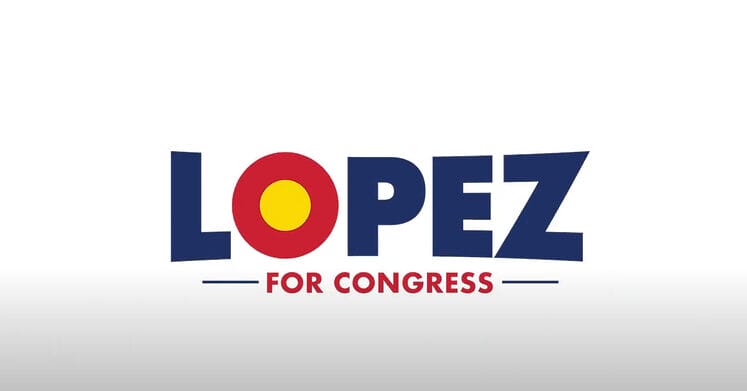
If you told me that a series of opinion articles in the New York Times would be relevant 200 years from now and that they would be “the best commentary on the principles of government which ever was written,” I would likely call you foolish. But Alexander Hamilton, James Madison and John Jay achieved exactly that feat in the 1700s when trying to convince this fledgling nation to adopt the Constitution we still have today. Those articles are now bundled up and called the Federalist Papers, but how and why are they still relevant today? Thomas Jefferson noted that they are the best source of information on “the genuine meaning of the Constitution.” The Federalist Papers also contain the philosophical and historical background that we as nation were crafted and founded upon. More importantly, they are an honest synopsis of human nature and the virtues we as citizens must cultivate and cherish if we are to keep this republic.
The country relies on a deep civic knowledge of our government. The electoral college is an excellent example of this knowledge being lost to most Americans. The media has been using phrases like “won the popular vote” and implying that the electoral college is an ancient relic that needs to be done away with in the modern world. A careful reader of the Federalist Papers would understand the deep dangers that true democracy and a “popular vote” would have in a Republic. These wise readers would also be able to articulate why the electoral college balances the state’s and people’s will in choosing a president. Have you ever wondered why a senator’s term is 6 years, but the president’s term is 4 years? Why did the Founding Fathers debate whether the executive branch should be one person or a council of 3 people and why did they settle on the president? The Federalist Papers are an illuminating glimpse into all the important constructions of our governmental institutions. The Federalist Papers not only contain the construction of our government, but also the why.
Democracies and republics have existed in various forms for several millennia and with them exists a treasure trove of ideas and empirical evidence of whether those ideas worked or not. Our Constitution is unique because our Founding Fathers were wise enough to admit that the Articles of Confederation were tragically flawed, and they instead needed to trash them and start over with something new. But to create the new, they borrowed and adapted ideas they learned from the ancient republics all the way to the existing European governments of their time: Rome, Sparta, the Amphictyonic Council, the Achaean league, the German confederacy, Poland, the Swiss cantons, and of course Britain. The Federalist Papers examine these republics and discuss what went wrong and why. They discuss the feudal system and what Great Britain got right by uniting their island into one government. The overwhelming danger of a direct democracy and the tyranny of the majority is a lesson that should be taught to every would-be voter. These ageless principles of governance are not only applicable to Americans today but to any person who is interested in changing their government for the better in the world today. These lessons are applicable to any person that walks the earth because these ideas and principles contain much deeper lessons than just how to construct a government: they contain lessons about human nature and what it is to live in a society.
The Federalist Papers teach virtue and its necessity in a free society. Virtue and good citizenship are not needed in dictatorships and monarchies; obedience is forced, and morality is dictated by the ruler. But a free society relies on the citizens being able to trust one another and the government stepping in when wrongs have been made. The Federalist Papers teach us that self-reliance, self-assertion and self-restraint are necessary prerequisites to being the type of society that deserves to be free. When those virtues are no longer exhibited and the government is needed to step in to force morality on its people, history has shown it is a brutal and bloody end to that society. If you want to learn how to be persuasive and how to oppose tyranny, then the Federalist Papers are on the must-read list. They give us thoughtful glimpses into human nature and how we behave in groups. They contain not only the malady of human nature, but also cures to prevent them. These cures cannot be forced, taught, or required by government; they are cures that start from the individual until they permeate society.
The Federalist Papers teach us who we need to be to deserve this country. I have no qualms in saying that we have a government of our own making. If the government is over-reaching it is because we have lost our societal self-assertion and civic knowledge. Our society is dependent on welfare not because our government is offering programs but because communities are unable to be self-reliant. The moral and cultural decay we are experiencing is due to a loss of self-restraint starting with individuals. The Federalist Papers are written for a virtuous people, but they can also be applied to a country in need of a reminder of what those virtues are and how to harness them once again. The Federalist Papers are written to a people who wanted to escape tyranny and ensure it would not find its way back in. The Federalist Papers were written to all Americans but can be applied to any government in the world. They contain enduring principles and act as a beacon of hope for humanity whether this American Experiment succeeds or fails.









Responses